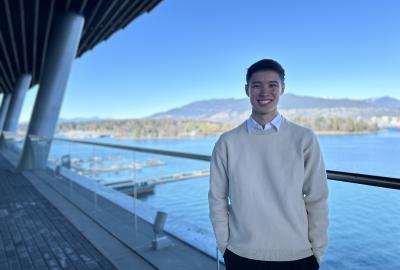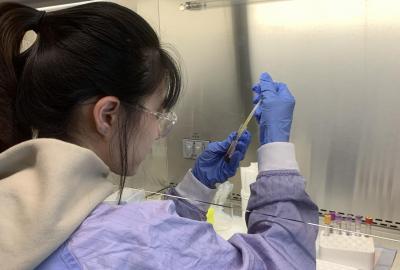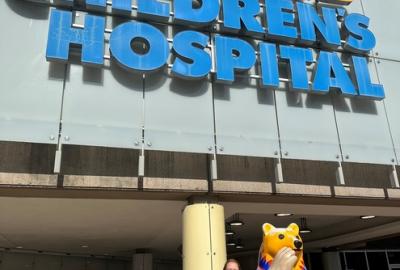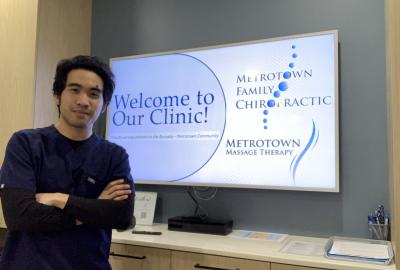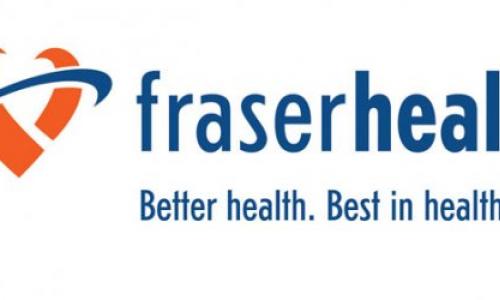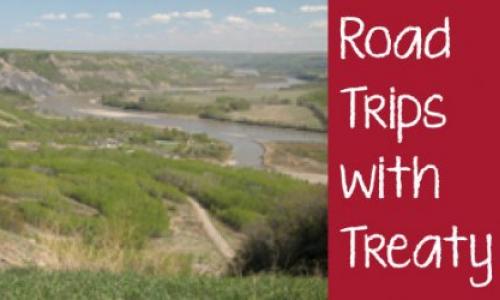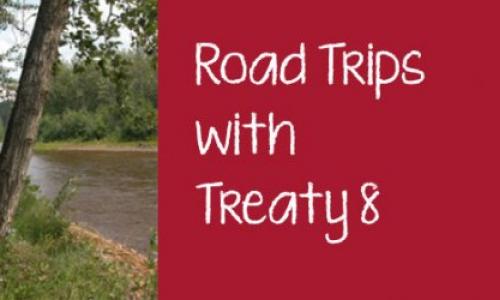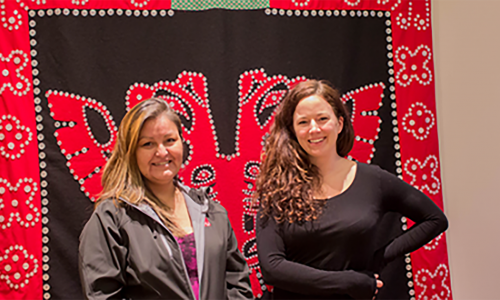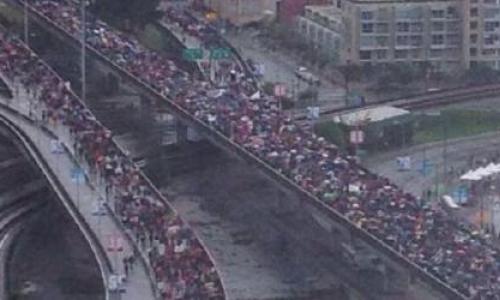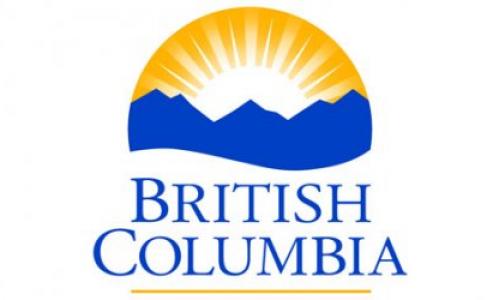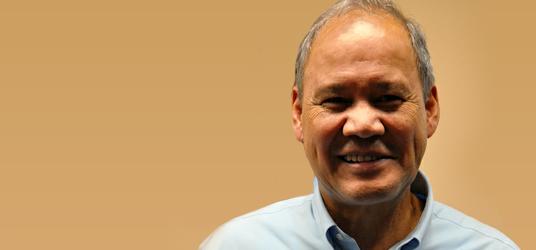
Politician (World English Dictionary)
-
a person actively engaged in politics, esp a full time professional member of a deliberate assembly
-
a person who is experienced or skilled in the art or science of politics, government, or administration; statesman
-
derogatory chiefly (US) a person who engages in politics out of a wish for personal gain, as realized by holding a public office
“People say with pride, I’m not interested in politics” They might just as well say, I am not interested in my standard of living, my job, my health, my rights, my freedom, my future or any future! - Quote by Martha Gillhorn
Taanshi kiya’wow – Hello everyone
Politics is intriguing as it is all around you from home to school to work and play.
My interest began when the Métis started to gain momentum and expanded to organize across Canada. The Métis in Alberta were instrumental in the 1930’s organizing Settlements and the Métis Betterment Act. My parents and grandparents on my father’s side lived at Beaver River, which became part of the Kikino (your home) Settlement.
In 1972, I was living in Golden, BC after recently moving from Sundre, Alberta. I became a member of the Louis Riel Métis Society. I then moved to Vancouver Island and registered with the Pacific Métis Association in Parksville, BC in the late 70’s.
In 1994, I became a member of North Island Métis Association affiliated with the Métis Provincial Council of BC. They are now one of the Chartered Communities of Métis Nation BC.
My interest was to promote and encourage Métis Peoples to become involved through self identification and expression of knowing their ancestry, culture, heritage and language and, being proud of who they are as Métis Canadian Citizens.
I engaged at the Local, Regional and Provincial level of politics not knowing that one day I would become a politician. In the 1990’s I was elected Vice President and then President of North Island Métis Association. The former President of North Island Métis Association said to me one day “you will be the Provincial President one day” and I brushed that off.
In 2001 I was asked to be an alternate Regional Director for Vancouver Island for the Métis Provincial Council of BC and later that year was asked to represent the MPCBC at the National Level with the National Michif Language Working Group [Michif – Métis Language].
I am of proud Métis ancestry (Mother, Cree and Scottish, Father, Cree and French) and promoted Métis Culture across our homeland in Canada. I speak our language to a certain extent and I am learning the Michif Language. The Michif Language was an oral trade language unwritten until around 1990. It is a unique tri-language of Cree, Ojibway, Saulteaux, French and English. The verbs or action words are Cree, Ojibway or Saulteaux and the nouns are in French and some English when there is no translation.
Lii Michif ashpaymook – Believe in Métis
Kischee Teey Mo’yaawn Aen Lii Michif We’yaawn – Proud to be Métis
Becoming a Métis politician seemed to happen and I am grateful it did come to fruition as I am honored, humbled and rewarded for what I have learned from my Métis Elders and Peers. I never forget where I came from and the struggles of survival watching my parents raise a family of ten plus some relatives. My children and grandchildren know their Métis ancestral roots.
You must always remember how you help your Community and Métis Peoples to enhance their lives.
Today I am the President (Oki’maw} for the Métis Nation BC and a Board of Governor for the Métis National Council with the portfolio’s of Minister for Health and Minister for Language, Culture, Heritage and Sport.
I was elected Vice President in 2004, elected President in 2005 and re-elected as President in 2008 for the MNBC. I am not seeking re-election in September 2012.
It has been a rewarding experience working for the 60,000 self identifying Métis in BC and the 400,000 plus Métis across our Homeland from Ontario Westward. I have my peers to thank, the MNBC Board of Directors, the MNBC Staff, the Métis National Council Board of Governors and the MNC Staff for what I have learned and their support.
Ekoushi maaka [that’s it until next time]
Ki’nass kou’mitinowow [thank you very much]
Oki’maw Dumont
President of the Métis Nation BC




